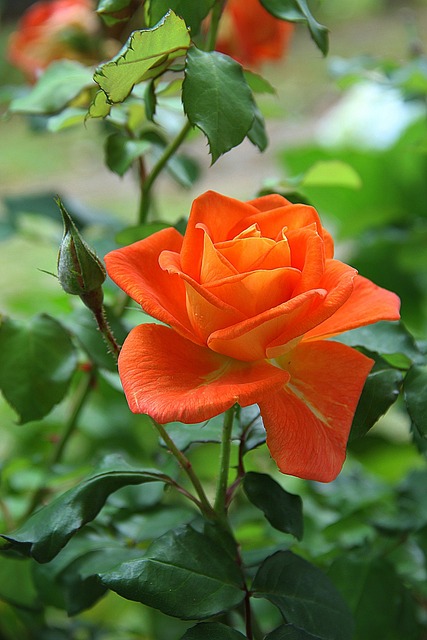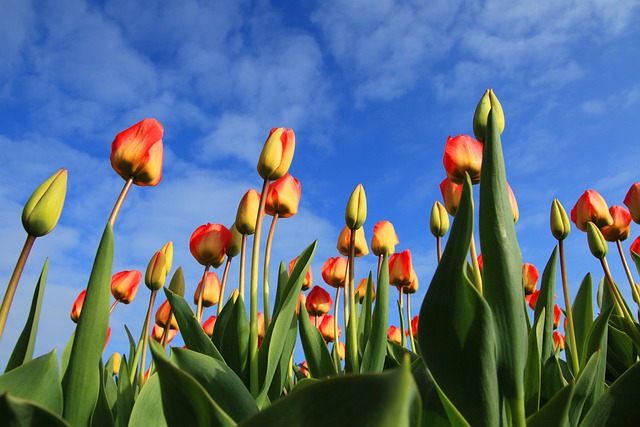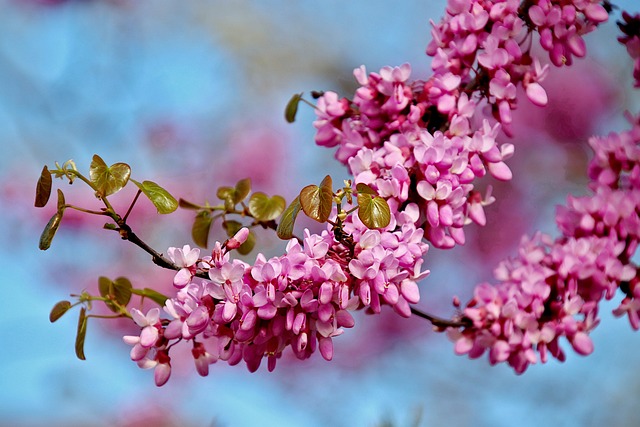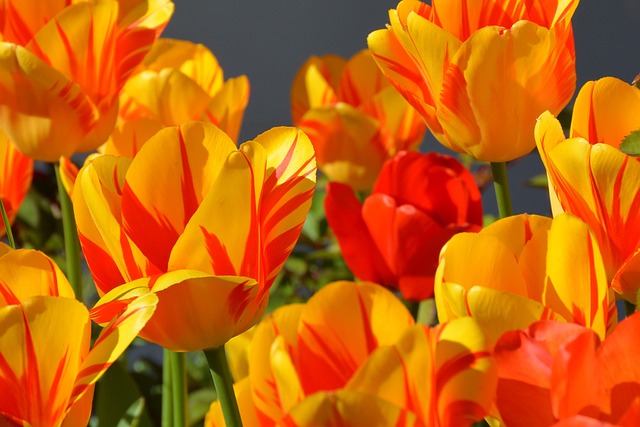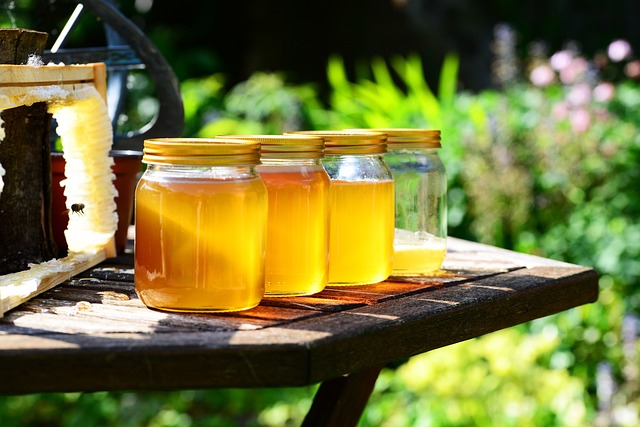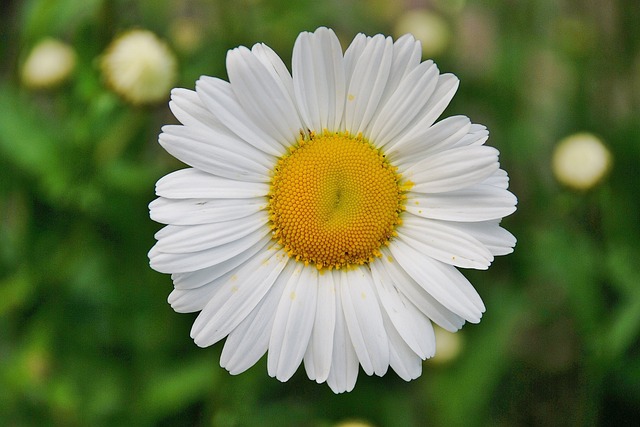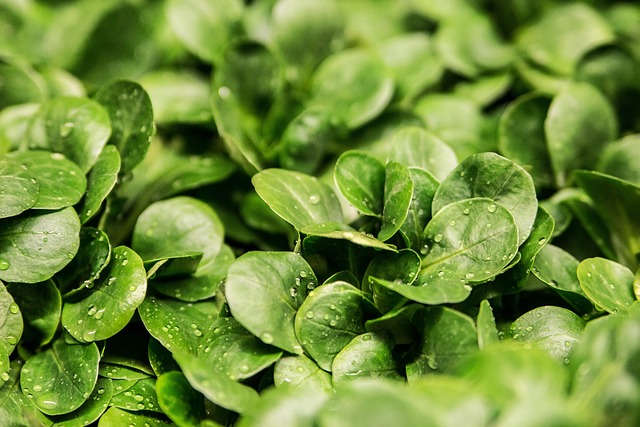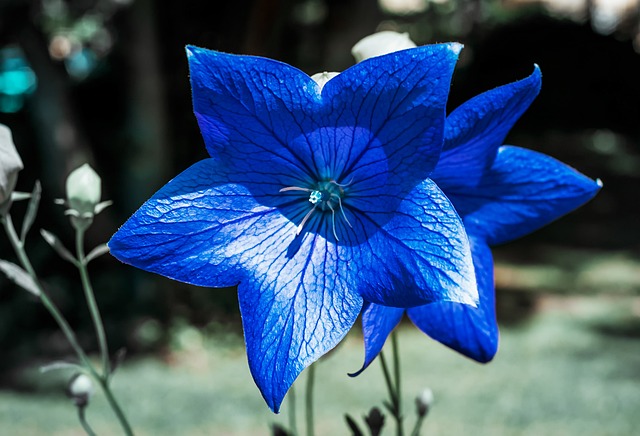
You want to create a healthy and fresh organic garden. What great timing. Included in this article is advice that can assist you in your gardening endeavors.
Brighten up your flower beds with annuals and biennials. These flowers grow quickly and can be planted at any time during the year. If you want to maintain a flower garden all year or you want to add new flowers to reflect the changing seasons, annuals and biennials are for you. Use them to fill gaps between shrubs and perennials in the sun. There are many different varieties to choose from such as daisies, marigolds, impatiens, and lantana.
Do not cut your grass too short. Higher grass sends roots further down, increasing lawn strength and viability. When grass is cut too low the roots will not grow as deep, and your lawn may suffer from brown patches.
It can be tough to keep insects and other plant-ruining crawlies from infesting your garden. One major benefit of growing your own produce is knowing that they haven’t been treated with pesticides and other harsh chemicals. One way to control gardening pests is to be vigilant. If you catch them early, you can take them off the plants by hand.
Don’t use broad-spectrum pesticides for your garden. It’s true these pesticides kill the pests you don’t want, but they also lay waste to the advantageous insects that make those same pests a regular meal. In fact, beneficial insects are more likely to die than pests if you spray these types of pesticides. As the population of “good” bugs dwindles, your garden may become overrun with pests. If you respond to the growing pest problem with more broad-spectrum pesticide, you only continue the harmful cycle.
Irrigate your garden efficiently. A soaker hose can save valuable time by watering all of your plants simultaneously, removing the need for hauling a watering can or hose around to each plant. To protect your plants, keep the flow on the soaker down. Just use it on your foliage for a few hours.
If you can’t wait for a cut to heal before digging in the dirt, then at least protect your cuts from exposure. A cut that has come into contact with extraneous materials like dirt can become seriously infected. The key is to use bandages capable of covering cuts in their entirety.
It’s simple to lay a new perennial bed. You just need to use your garden spade for slicing underneath the turf, then flip it, and finally spread about three or four inch deep piles of wood chips. After a few weeks, you may then utilize the area to plant your flowers.
Go slowly as you plant the seeds. First, add moisture to the soil where you will be planting. You may then distribute your seeds evenly while being sure that they all have adequate space in which to grow. Look at how big the seeds are, multiply that by three, and plant them down into the earth accordingly. Be aware that some seeds need light to germinate and should be sown on top of the soil.
Learn to work efficiently. If it takes you thirty minutes to find a needed tool, then you are doing something wrong. Before you make a trip to your garden, you should gather all tools and items in advance. Afterwards, be sure to return them to their original storage place. If needed, purchase a tool belt or heavy duty pants with plenty of pockets.
Space is important to remember when planting an organic garden. Plants take up quite a bit of space as they grow, and it’s easy to underestimate just how much. The plants will inevitably need to unfurl and spread, but they also need the circulation of air from open spaces. Plan your garden carefully and leave enough space between the seeds.
Include both green and dry plant refuse in your compost. Add grass clippings, waste from fruits and vegetables, leaves, and weeds for the green materials in your compost pile. Examples of dried plant material are sawdust, shredded paper, straw, cut-up woody material, and cardboard. Avoid using ashes, charcoal, diseased plants and meat-eating animal manure.
Treated Wood
In order to construct your raised beds, make use of untreated brick, stone, wood and other materials. If you choose to use wood to construct your bed, choose a species that is naturally resistant to rot and avoid treated wood entirely. Cypress, locust and cedar are all great examples of what woods to use when building a raised bed. Do not use treated wood in your vegetable garden. If you have to use treated wood, you should line it with a bit of plastic to create a barrier.
Your soil will be healthier if you add mulch. Mulch will protect and nourish the soil. On hot, dry days, mulch keeps the dirt underneath cool and moist. This protects and nourishes plant roots. Since it decreases the rate at which moisture evaporates, the soil also stays more moist. Mulch is also excellent for keeping weeds at bay.
It’s not what’s on the surface that counts. Evaluate each tomato and check for green starts, as they generally have bad root systems that impede growth. These starts will suck the resources from your seedlings for several weeks, inhibiting their growth.
When you water your organic garden, choose a soaker hose for the best results. These hoses deliver water directly to the roots of your plants and keep their leaves dry. They are better because sprinklers use too much water and hand-watering is too time-consuming.
Be sure that holes you dig for planting trees and shrubbery are ragged around the edges. If, after digging a hole, you notice the sides look “glazed” from the action of the shovel, this could restrict plant roots from growing through to the surrounding soil.
You should now have the basic knowledge you need to start an organic garden. If you thought you were prepared previously, then you should be at a pro’s level now! You’ve read tips that you can use to create a lovely garden full of organic and natural products.

